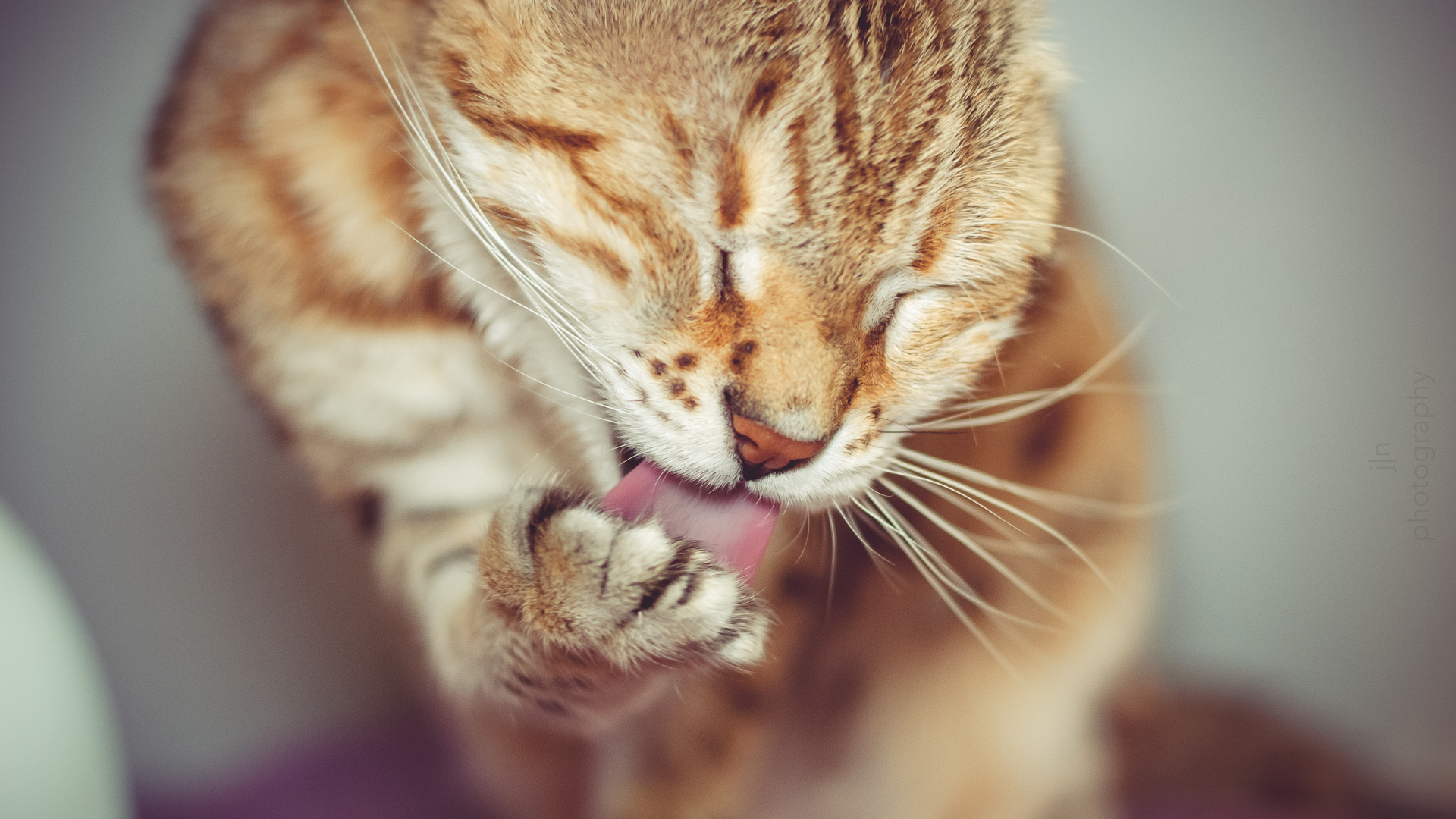You may be asking why I should be concerned about my cat being overweight. For starters, you may not know which foods are best to feed your cat and how many treats you should give your pet during training sessions. Diet tips for obese cats will provide you with this information so you can have a healthier pet.
The following topics will be covered: why is obesity dangerous for pets, how can I know if my cat is overweight, facts about feeding cats, establish a regular feeding time, and how are treats different from normal cat food.
Why Is Obesity Dangerous For Cats?
Just as obesity is dangerous for humans, it is also for cats. The extra pounds can weight in on their cardiovascular and respiratory systems, exacerbating existing conditions and may cause new ones. Fat pets are prone to injury, more at risk in surgery, and open to other conditions such as diabetes. A list of additional problems is; decreased stamina, diminished immune function, and digestive disorders are consequences of an overweight cat.
If your cat is severely overweight it can diminish your pet’s quality of life. It is important that you, as the owner, control your pet’s intake of food and treats.
How Can I Know If My Cat Is Overweight?
Here is an interesting fact, between 25 to 40 percent of cats are obese or are likely to become obese. So, what can I do about it? Good question. So, here is how you can take action now:
Monitor your cat’s weight. They don’t get overweight overnight. Keep a close eye on them. Be sure to have your pet exercise daily. Failure to keep your pets weight under control may cause your cat to be a higher risk for diabetes, arthritis and other health related conditions.
Here is how you can know if your pet is overweight when you gently press down as you are petting her. If you are not able to feel her ribs, consider taking her to the veterinarian for an exam. When any underlying medical causes are ruled out, your veterinarian can help you develop a proper nutrition and exercise program to remove the excess weight.
Facts About Feeding Cats
Just as humans require a healthy balanced diet, so do cats. As a cat owner, you can provide your pet with the best quality cat food that has all of the nutrients your pet requires together with a high level of palatability. Do not add any human food to your cat’s diet. Doing so may upset the nutrients of a balanced diet.
Milk. Here is a little known fact; milk is not a substitute for water. As a food, it’s incomplete and does not provide a balanced diet. Milk contains lactose and requires lactase to break it down in the pet’s intestine. Too much milk can cause diarrhea.
Raw eggs. Repeatedly giving your cat raw eggs can cause a deficiency of the vitamin biotin which can cause a loss of hair, dermatitis, and poor growth. Restrict this item in your pet’s diet.
Raw fish. Some raw fish can cause a deficiency of the vitamin thiamine. Signs of this vitamin deficiency include anorexia, abnormal posture, weakness, seizures, and even death.
Raw meats. Most cat owners think that giving your cat meat is good for them. Usually raw meat does not contain all of the nutrients for a balanced diet. This must be added. Also, raw meat may contain parasites, and cooked meats can be high in fat and do not contain a proper balanced diet. I would stay away from giving your pet raw meat to eat.
Raw liver. Raw liver fed in large quantities, can cause vitamin A toxicity in cats. Small soft bones, pork chop and chicken bones, should never be given to cats. They may lodge in the cat’s mouth or throat.
Table scraps. Table scraps will not provide your pet with the proper nutrition your pet requires. Best advice is never to feed your cat table scraps. Once you start, it is very difficult to stop. So, don’t start.
Supplements. Supplements are not required when a normal healthy cat is being fed a complete and balanced diet. A balanced diet can be found in the pet food you are feeding your cat. The same is true for additional minerals. You can find this with high quality cat food. Be a good shopper and provide your pet with the best quality cat food so you don’t have to purchase supplements.
Establish a Regular Feeding Time
This is important for your pet’s digestive health and regular bowel movements. The first step is to determine the correct quantity of food required to maintain a healthy weight. Next, is to establish a regular routine time for feeding your pet. Knowing when your cat will be hungry will assist you when you plan training sessions. Part of your pet’s meal will include treats or rewards.
How Are Treats Different From Normal Cat Food?
Everyone one likes to have a treat once in a while. So does your pet. But, what is the difference between a treat and dry cat food? Cat food is higher in nutrition than treats. However, if you want to reward your kitty with a different flavor or texture, than a treat is the ticket. They are like desserts and should be given sparingly.
Cat food is higher in protein and should make up the bulk of your pet’s diet. Some treats can be nutritional, so read the labels before making your selection. If you offer tidbits that are different from their meals, it will add to your cat’s pleasure, making training more successful. This will also help build a strong bond between owner and pet.
Treats should not be more than 10% of your cat’s total diet for the day. You will need to watch out here because giving your pet too much treats can be a cause for obesity.
By following the above diet tips for obese cats will help your pet to stay healthy and have a longer life.








